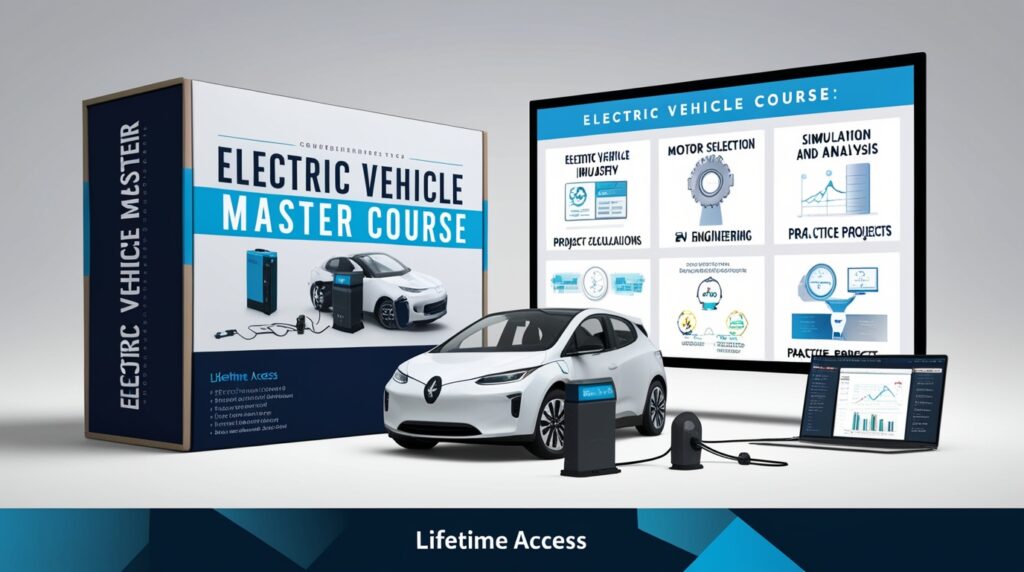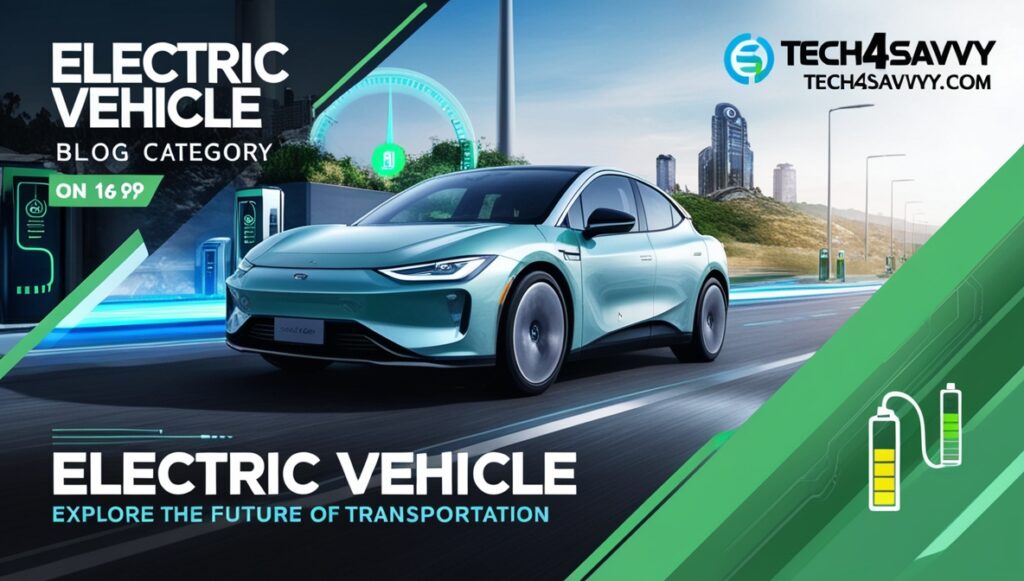The electric vehicle (EV) industry is undergoing a global revolution, fueled by technological advancements, environmental concerns, and government incentives. Startups have been pivotal in this transformation, driving innovation and making electric mobility more accessible and sustainable. In this blog, we explore some of the most successful EV startups from India and around the world, showcasing their contributions to the industry and their unique approaches to securing their place in the market.
1. Ather Energy (India)
Founded in 2013 by IIT graduates Tarun Mehta and Swapnil Jain, Ather Energy has become a leading name in India’s EV sector. The company designs and manufactures electric scooters, with its flagship products being the Ather 450X and 450 Plus.
Key Innovations:
- Ather’s scooters feature smart technology, including a touchscreen dashboard, integrated Google Maps, and over-the-air software updates. These features enhance the riding experience by making it more seamless and tech-savvy.
- Additionally, Ather has invested in building a robust charging infrastructure called Ather Grid, which includes fast-charging stations across major cities in India.
Impact: Ather Energy set new standards for electric scooters in India by blending performance with smart technology. Their comprehensive approach, which includes both the vehicle and supporting infrastructure, has been a key factor in their success.
2. Rivian (United States)
Rivian, founded in 2009 by RJ Scaringe, quickly gained recognition in the American EV market. Specializing in electric trucks and SUVs, Rivian’s R1T pickup truck and R1S SUV have received widespread acclaim.
Key Innovations:
- Rivian’s vehicles cater to outdoor enthusiasts, offering high ground clearance, robust off-road capabilities, and a unique “gear tunnel” for extra storage.
- Furthermore, Rivian emphasizes sustainability by planning to produce vehicles using renewable energy and recycled materials. The company also aims to achieve carbon-neutral manufacturing operations.
Impact: Rivian successfully tapped into the growing demand for electric adventure vehicles. Their focus on sustainability and performance has attracted consumers and significant investments from companies like Amazon and Ford.
3. Ola Electric (India)
Ola Electric, a subsidiary of the ride-hailing giant Ola, began in 2017 with the goal of accelerating India’s transition to sustainable mobility. Their electric scooter, the Ola S1, has gained attention for its design and affordability.
Key Innovations:
- The Ola S1 caters to the mass market, offering a combination of performance, affordability, and style. The scooter includes features like a touchscreen dashboard, multiple riding modes, and extensive customization options.
- Ola Electric also invested in building the Ola FutureFactory, one of the world’s largest EV manufacturing facilities. This factory can produce millions of scooters annually, making electric mobility more accessible.
Impact: Ola Electric’s entry into the EV market has the potential to democratize electric mobility in India. By focusing on affordability and large-scale production, the company is well-positioned to become a major global player.
4. NIO (China)
Founded in 2014 by William Li, NIO is a Chinese EV startup that has made a name for itself with premium electric SUVs and sedans. Often referred to as the “Tesla of China,” NIO combines high-performance vehicles with innovative business models.
Key Innovations:
- NIO introduced battery-swapping technology, allowing drivers to exchange depleted batteries for fully charged ones in minutes. This innovation reduces charging time and eases range anxiety.
- NIO also established NIO House, a network of exclusive clubhouses where owners can relax, socialize, and access various services. This approach enhances brand loyalty and provides a unique ownership experience.
Impact: NIO’s focus on innovation and customer experience has made it stand out in the competitive Chinese EV market. Their battery-swapping technology offers a practical solution to one of the industry’s biggest challenges.
5. Ultraviolette Automotive (India)
Ultraviolette Automotive, founded in 2016 by Narayan Subramaniam and Niraj Rajmohan, is an Indian startup focused on creating high-performance electric motorcycles. The company’s flagship product, the Ultraviolette F77, has gained significant attention.
Key Innovations:
- The F77 is a high-performance electric motorcycle with a top speed of 147 km/h and a range of up to 150 km on a single charge. The bike features advanced aerodynamics, a lightweight chassis, and smart connectivity options.
- Ultraviolette also developed a modular battery system, which allows riders to swap batteries easily and extend the motorcycle’s range without waiting for a charge.
Impact: Ultraviolette Automotive introduced a fresh perspective to the Indian EV market by focusing on performance. The F77 has captured the attention of enthusiasts who seek speed and sustainability.
6. Arrival (United Kingdom)
Arrival, founded in 2015 by Denis Sverdlov, is a British startup specializing in electric commercial vehicles, including vans and buses. The company aims to create affordable, zero-emission vehicles using innovative manufacturing techniques.
Key Innovations:
- Arrival revolutionized vehicle manufacturing with its microfactories, which are smaller, more flexible production units that can be set up close to demand centers. This approach reduces costs and environmental impact.
- Additionally, Arrival’s vehicles feature a modular design, allowing for easy customization and scalability. The vehicles are also made with lightweight, recyclable materials, further enhancing their sustainability.
Impact: Arrival’s innovative approach to manufacturing and design positioned it as a disruptor in the commercial vehicle market. The company’s microfactories and modular vehicles have the potential to transform the production and distribution of electric vehicles.
7. Mahindra Electric (India)
Mahindra Electric, a subsidiary of the Mahindra Group, is one of India’s pioneers in the EV space. Established in 2010, the company has developed a range of electric vehicles, including the e2o Plus, eVerito, and Treo, focusing on both personal and commercial mobility solutions.
Key Innovations:
- Mahindra Electric offers a diverse range of electric vehicles, from compact city cars to electric three-wheelers and commercial vehicles. This approach allows the company to cater to different segments of the market.
- The company also focuses on making electric vehicles affordable and accessible, particularly in the commercial and last-mile delivery segments.
Impact: Mahindra Electric’s early entry into the EV market helped establish it as a leader in India’s electric mobility sector. Their emphasis on affordability and a broad product range has made electric mobility a viable option for a wide range of consumers.

Conclusion
These startups highlight the diverse approaches and innovations driving the electric vehicle revolution. From high-performance motorcycles to premium SUVs and affordable scooters, these companies are shaping the future of transportation. They are not only advancing the EV industry but also contributing to a more sustainable world. As the industry continues to grow, their impact will likely expand, inspiring new players to push the boundaries of electric mobility.

